An Essay on the Development of Christian Doctrine
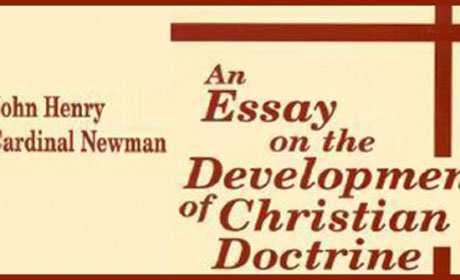
Cardinal John Henry Newman
INTRODUCTION.
Christianity has been long enough in the world to justify us in dealing with it as a fact in the world’s history. Its genius and character, its doctrines, precepts, and objects cannot be treated as matters of private opinion or deduction, unless we may reasonably so regard the Spartan institutions or the religion of Mahomet. It may indeed legitimately be made the subject-matter of theories; what is its moral and political excellence, what its due location in the range of ideas or of facts which we possess, whether it be divine or human, whether original or eclectic, or both at once, how far favourable to civilization or to literature, whether a religion for all ages or for a particular state of society, these are questions upon the fact, or professed solutions of the fact, and belong to the province of opinion; but to a fact do they relate, on an admitted fact do they turn, which must be ascertained as other facts, and surely has on the whole been so ascertained, unless the testimony of so many centuries is to go for nothing. Christianity is no theory of the study or the cloister. It has long since passed beyond the letter of documents and the reasonings of individual minds, and has become public property. Its «sound has gone out into all lands,» and its «words unto the ends of the world.» It has from the first had an objective existence, and has thrown itself upon the great concourse of men. Its home is in the world; and to know what it is, we must seek it in the world, and hear the world’s witness of it.
The hypothesis, indeed, has met with wide reception in these latter times, that Christianity does not fall within the province of history,—that it is to each man what each man thinks it to be, and nothing else; and thus in fact is a mere name for a cluster or family of rival religions all together, religions at variance one with another, and claiming the same appellation, not because there can be assigned any one and the same doctrine as the common foundation of all, but because certain points of agreement may be found here and there of some sort or other, by which each in its turn is connected with one or other of the rest. Or again, it has been maintained, or implied, that all existing denominations of Christianity are wrong, none representing it as taught by Christ and His Apostles; that the original religion has gradually decayed or become hopelessly corrupt; nay that it died out of the world at its birth, and was forthwith succeeded by a counterfeit or counterfeits which assumed its name, though they inherited at best but some fragments of its teaching; or rather that it cannot even be said either to have decayed or to have died, because historically it has no substance of its own, but from the first and onwards it has, on the stage of the world, been nothing more than a mere assemblage of doctrines and practices derived from without, from Oriental, Platonic, Polytheistic sources, from Buddhism, Essenism, Manicheeism; or that, allowing true Christianity still to exist, it has but a hidden and isolated life, in the hearts of the elect, or again as a literature or philosophy, not certified in any way, much less guaranteed, to come from above, but one out of the various separate informations about the Supreme Being and human duty, with which an unknown Providence had furnished us, whether in nature or in the world.
All such views of Christianity imply that there is no sufficient body of historical proof to interfere with, or at least to prevail against, any number whatever of free and independent hypotheses concerning it. But this surely is not self-evident, and has itself to be proved. Till positive reasons grounded on facts are adduced to the contrary, the most natural hypotheses, the most agreeable to our mode of proceeding in parallel cases, and that which takes precedence of all others, is to consider that the society of Christians, which the Apostles left on earth, were of that religion to which the Apostles had converted them; that the external continuity of name, profession, and communion, argues a real continuity of doctrine; that, as Christianity began by manifesting itself as of a certain shape and bearing to all mankind, therefore it went on so to manifest itself; and that the more, considering that prophecy had already determined that it was to be a power visible in the world and sovereign over it, characters which are accurately fulfilled in that historical Christianity to which we commonly give the name. It is not a violent assumption, then, but rather mere abstinence from the wanton admission of a principle which would necessarily lead to the most vexatious and preposterous scepticism, to take it for granted, before proof to the contrary, that the Christianity of the second, fourth, seventh, twelfth, sixteenth, and intermediate centuries is in its substance the very religion which Christ and His Apostles taught in the first, whatever may be the modifications for good or for evil which lapse of years, or the vicissitudes of human affairs, have impressed upon it.
Of course I do not deny the abstract possibility of extreme changes. The substitution is certainly, in idea, supposable of a counterfeit Christianity,—superseding the original, by means of the adroit innovations of seasons, places, and persons, till, according to the familiar illustration, the «blade» and the «handle» are alternately renewed, and identity is lost without the loss of continuity. It is possible; but it must not be assumed. The onus probandi is with those who assert what it is unnatural to expect; to be just able to doubt is no warrant for disbelieving.
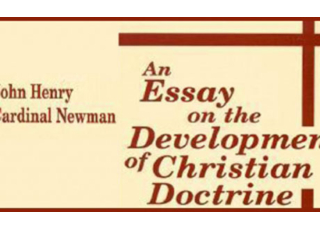
Book eBook An Essay on the Development of Christian Doctrine
John Henry Newman
27 enero, 2016
update 18 agosto, 2021
Go to the Download pageMore eBooks in English
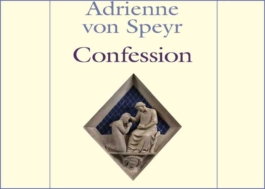
Confession
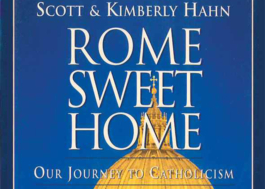
Rome Sweet Home
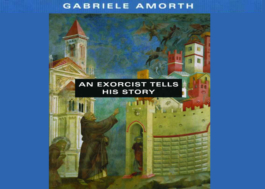
An Exorcist Tells His Story
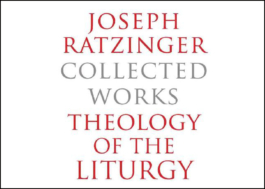
Theology of the Liturgy
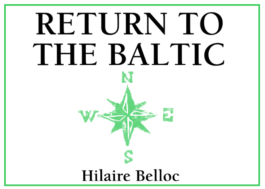
Return to the Baltic
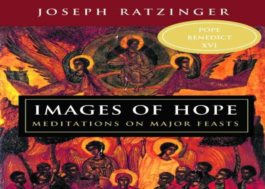
Images of Hope
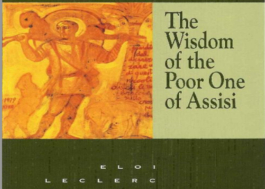
The Wisdom of the Poor One of Assisi
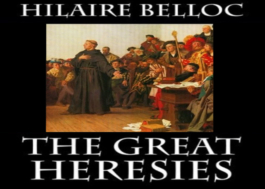
The Great Heresies

The Path to Rome
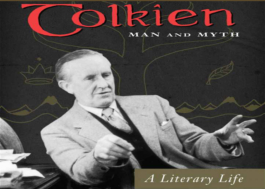
Tolkien: Man and Myth
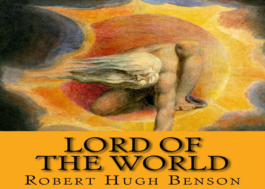
Lord of the World By Robert Hugh Benson
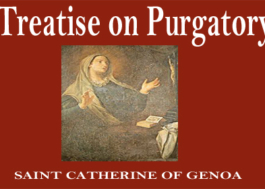
Treatise on Purgatory

Three to Get Married
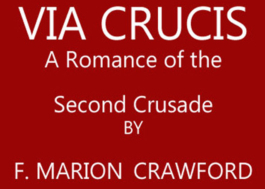
Via Crucis: A Romance of the Second Crusade
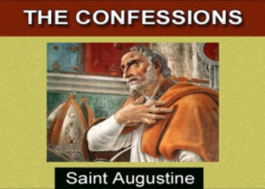
The Confessions of St. Augustine
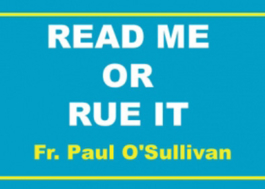
Read Me or Rue it
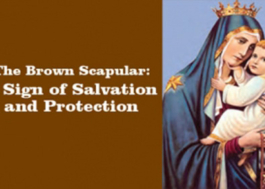
The Brown Scapular, the Most Powerful Sacramental
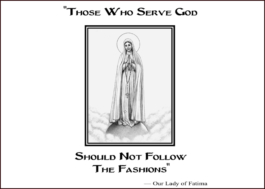
Those Who Serve God Should Not Follow The Fashions
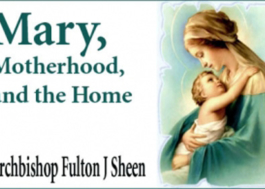
Mary, Motherhood, and the Home
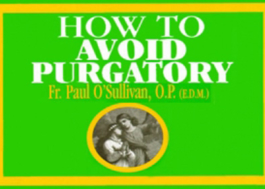
How to Avoid Purgatory
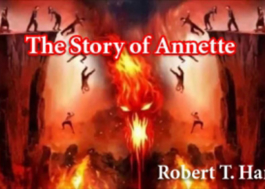
The Story of Annette
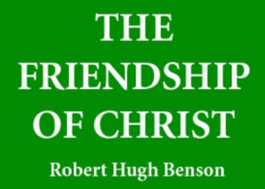
The Friendship of Christ
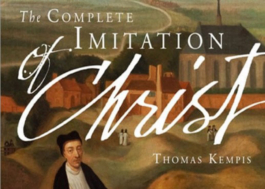
The Imitation of Christ
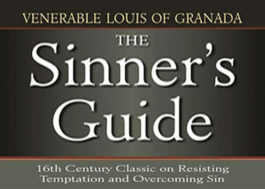
The Sinner’s Guide
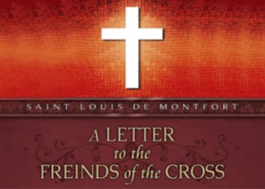
A Letter to the Friends of the Cross
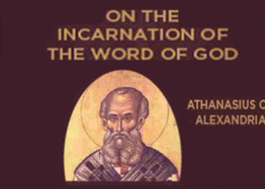
On the Incarnation of the Word of God
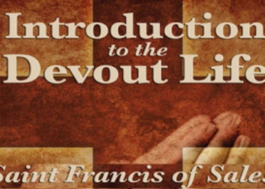
Introduction to the Devout Life
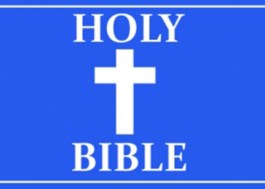
Holy Bible
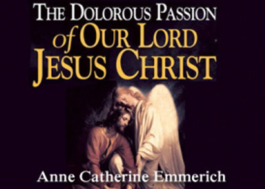
The Dolorous Passion of Our Lord Jesuchrist
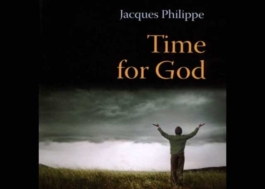

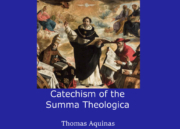
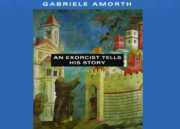
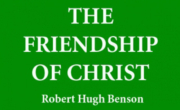
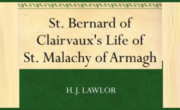
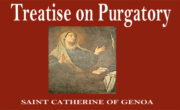
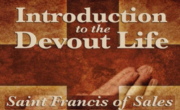
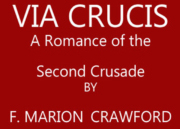
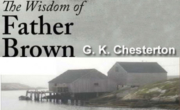


















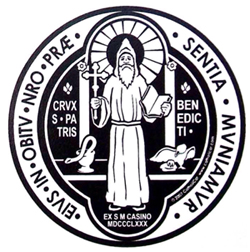
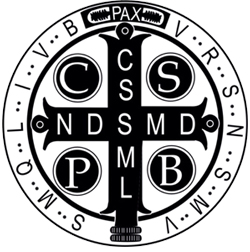
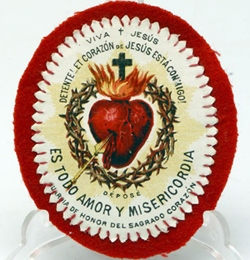
Dejar un comentario
¿Quieres unirte a la conversación?Siéntete libre de contribuir!